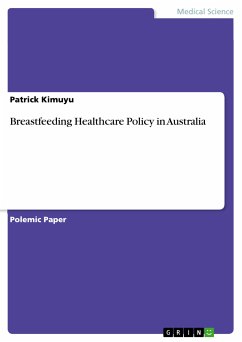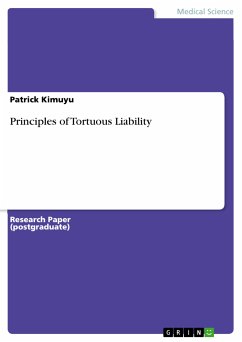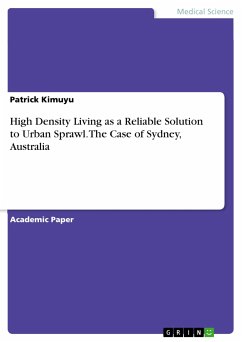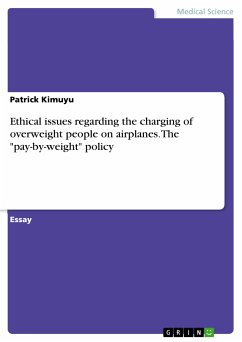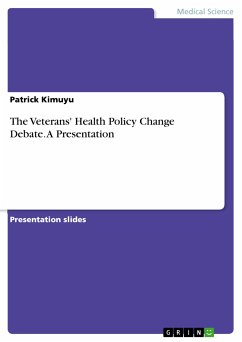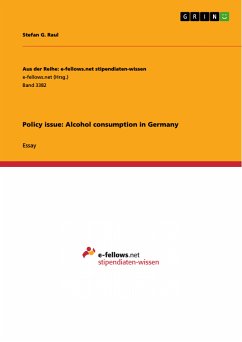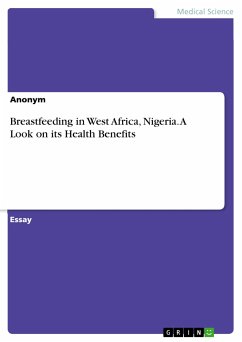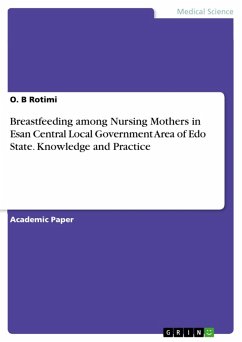Polemic Paper from the year 2017 in the subject Health - Public Health, grade: 1, Egerton University, language: English, abstract: In retrospect, nutrition has been a public health concern. As such, breastfeeding, a physical process, is considered as an essential element of infants', as well as mothers' wellbeing. Childhood nutrition underpins successful human development throughout the lifespan. In this context, breast milk, the primary infant's source of nutrients plays essential roles in the child's growth (Cadwell & Turner-Maffei, 2013). This explains the reason why the current healthcare policy reforms have shifted from focusing on adult nutrition to childhood nutrition. Over the decades, new evidence has been emerging regarding the benefits of breastfeeding. Overall, evidence indicates that breastfeeding plays significant roles in growth, development and survival of a child. It also promotes the wellbeing of the mother. This implies that breastfeeding exhibits a dual-benefit. Based on systematic literature reviews, breastfeeding has long-term benefits; it goes a long way in sustaining growth, development, defense against diseases, and wellbeing of an individual (Horta & Victora, 2013). On the one side, breastfeeding a child exclusively for six months has been found to influence the health of the child. It lowers the incidence of some childhood conditions such as obesity, childhood leukemia, diabetes mellitus, and inflammatory bowel disease. Similarly, exclusive breastfeeding reduces infant mortalities caused by otitis media, respiratory tract infections and diarrhea (Buontempo, Busuttil & Gauci, 2015). Additionally, breastfeeding has been found to have profound effects on mental development and chronic illnesses in later life. On the other side, breastfeeding has been found to have immediate, short-term, as well as long-term maternal benefits to mothers. Immediate effects are attributable to the stimulation of oxytocin which reduces the risk of postpartum hemorrhage. It also enhances the mother's psychological health through reducing postpartum depression (Hamdan & Tamim, 2012). In this context, this paper focuses on providing a comprehensive analysis on breastfeeding healthcare policy through discussing the policymakers concern over the issue, competing policy options and organizational influence.
Dieser Download kann aus rechtlichen Gründen nur mit Rechnungsadresse in A, B, BG, CY, CZ, D, DK, EW, E, FIN, F, GR, HR, H, IRL, I, LT, L, LR, M, NL, PL, P, R, S, SLO, SK ausgeliefert werden.

